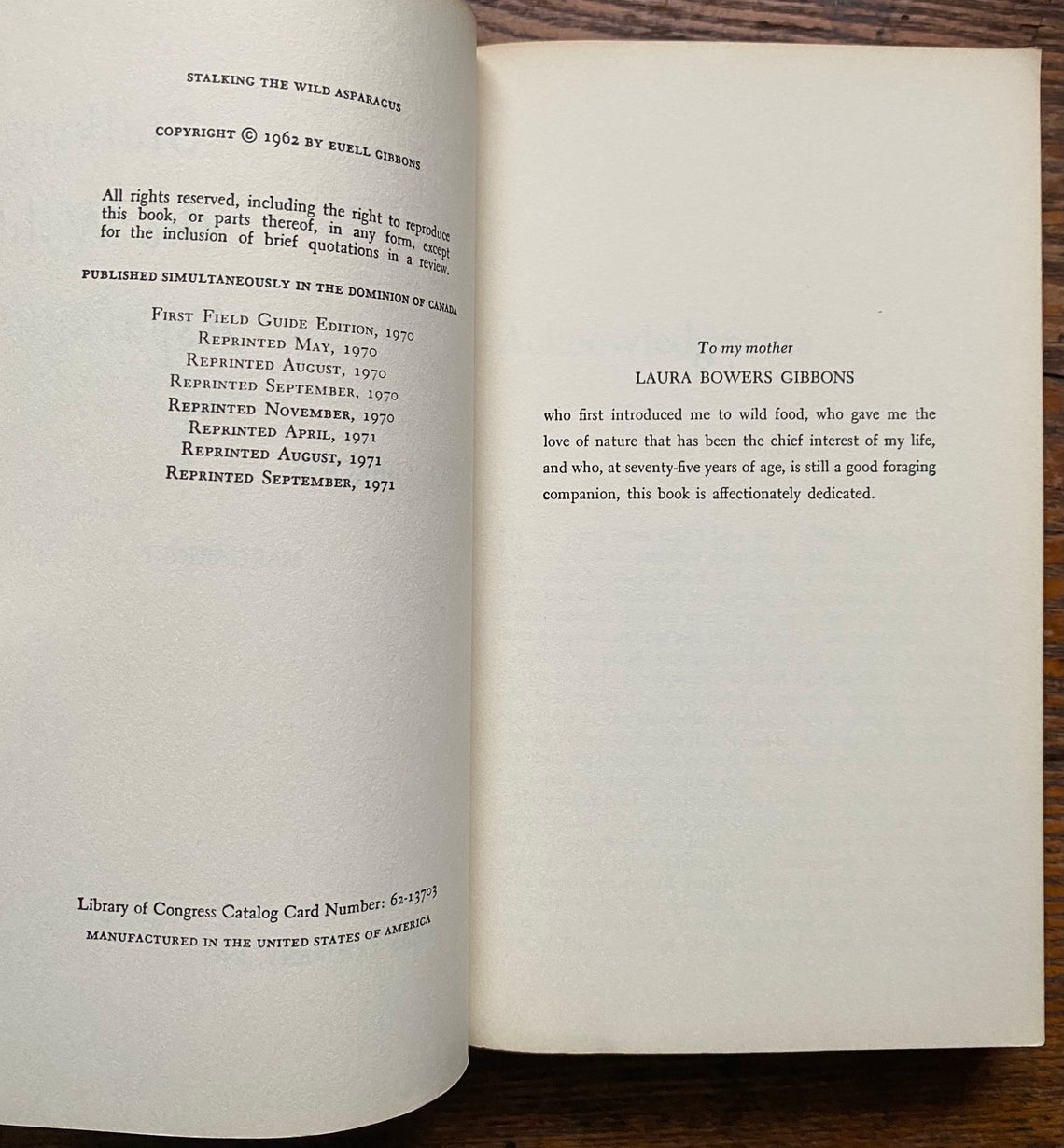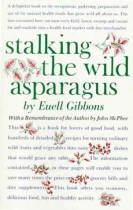
From the Red River Valley to the mountains of Pennsylvania (where he would spend his last years) he took us all over North American to places few people knew in the way he knew them, and he showed what provender was there. And now he told everybody else how to gather and prepare wild food.

He knew his subject first- and second-hand he knew it backwards to the botany of the tribes. Craig Claiborne, The New York Times (1962) The meal was accompanied by an incredibly good salad of wild watercress, wild mint, and day lily shoots.

The meal consisted of a cocktail made of wild fruit juices, batter-fried fillets of bluegill caught that morning at a nearby lake, sautéed dandelion crowns, buttered wild leeks, wild broccoli, buttered wild Jerusalem artichokes, and a persimmon-hickory nut pie. He creates and improvises with authority and imagination and the results are enormously inventive.Ī few weeks ago he prepared at noon a dinner for six with foods he had foraged in the morning. The author is a first-rate cook, or what would be called in the South a ‘born’ cook. Plus jellies, jams, teas, and wines, and how to sweeten them with wild honey or homemade maple syrup. His book includes recipes for vegetable and casserole dishes, breads, cakes, muffins and twenty different pies. He sought out wild plants all over North America and turned ordinary fruits and vegetable into delicious dishes.

Stalking the Wild Asparagus has sold the better part of half a million copies since the original publication and has been continuously in print since 1962.Įuell Gibbons was one of the few people in this country to devote a considerable part of his life to the adventure of living off the land. Euell Gibbons became an unlikely celebrity and made many television appearances. No one expected that this iconic title would become part of the American language, nor did they anticipate the revival of interest in natural food and in environmental preservation in which this book played a major role.

Together they settled on the title, Stalking the Wild Asparagus. Fifty years ago an unknown writer named Euell Gibbons (1911–1975) presented a book on gathering wild foods to the New York publisher David McKay Co.


 0 kommentar(er)
0 kommentar(er)
